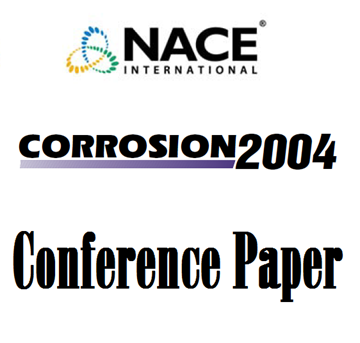La profesión de la corrosión y los profesionales certificados que trabajan en la industria están comprometidos a proteger a las personas, los activos y el medio ambiente de los efectos de la corrosión. Aquellos encargados de entregar la experiencia técnica a la sociedad deben realizar su trabajo con el conocimiento y la comprensión de los principios éticos que se esperan y requieren de esos profesionales.
El Código de Ética Internacional de NACE se discute junto con estudios de casos y presenta violaciones éticas de la vida real de las atestaciones del Instituto Internacional de NACE. En este curso se revisan los marcos para tomar decisiones éticas junto con los factores de la industria de la corrosión que pueden conducir a un comportamiento no ético.
El curso es un curso en línea de autoaprendizaje que no debería tomar más de 1,5 a 2 horas para completar.
_____________________________________________________________
The corrosion profession, and the certified professionals who work in the industry, are committed to protecting people, assets and the environment from the effects of corrosion. Those tasked with delivering the technical expertise to society must conduct their work with the knowledge and understanding of the ethical principles expected and required of those professionals.
The NACE International Code of Ethics is discussed in conjunction with case studies and features real-life ethical violations of the NACE International Institute attestations. Frameworks for making ethical decisions are reviewed in this course along with the factors in the corrosion industry that can lead to unethical behavior.
The course is an online, self-paced course in SPANISH which should take no longer than 1.5 to 2 hours to complete.




